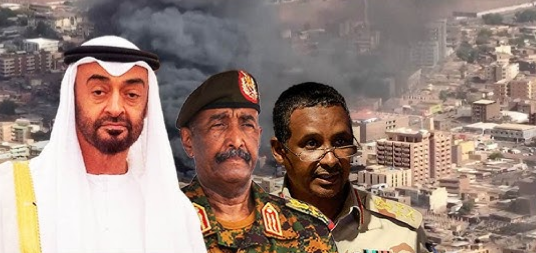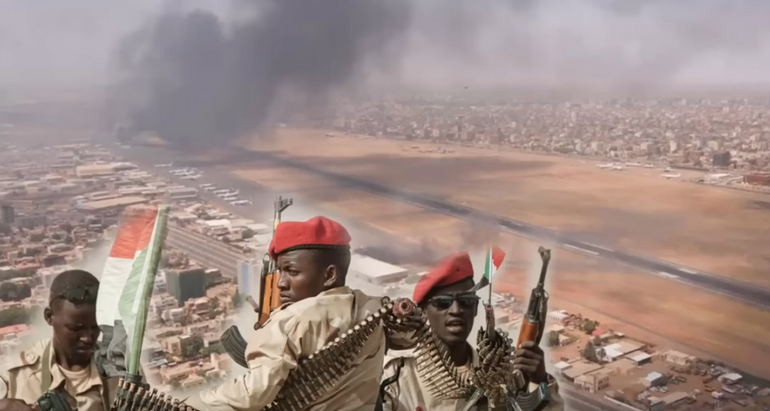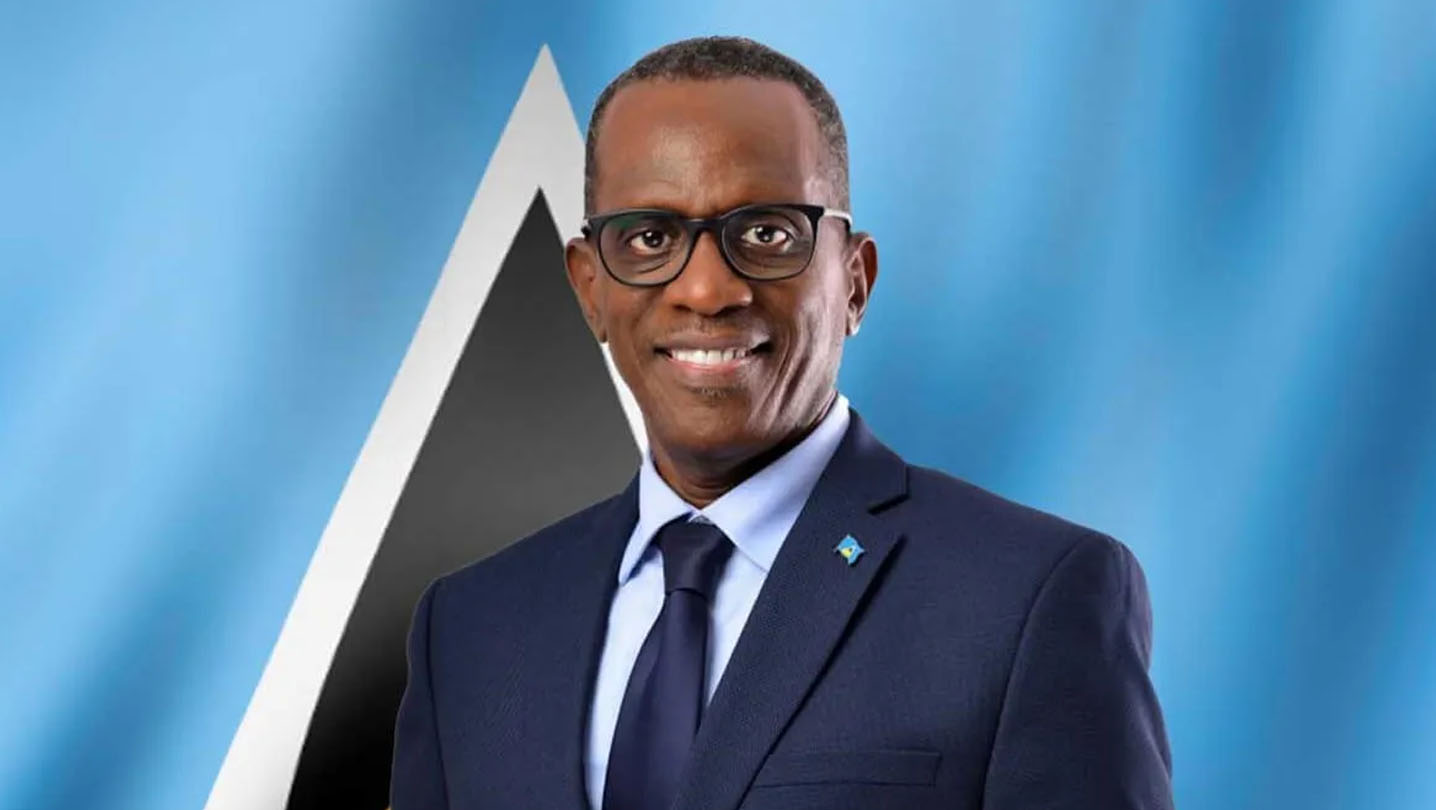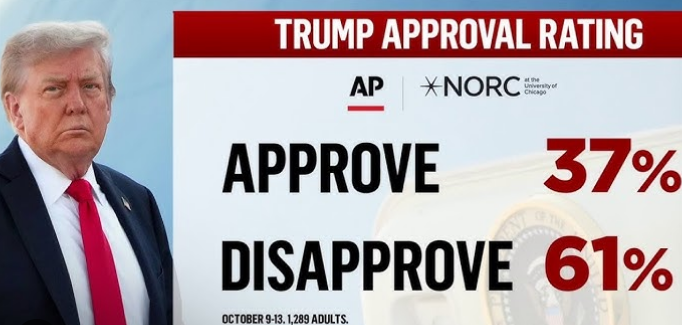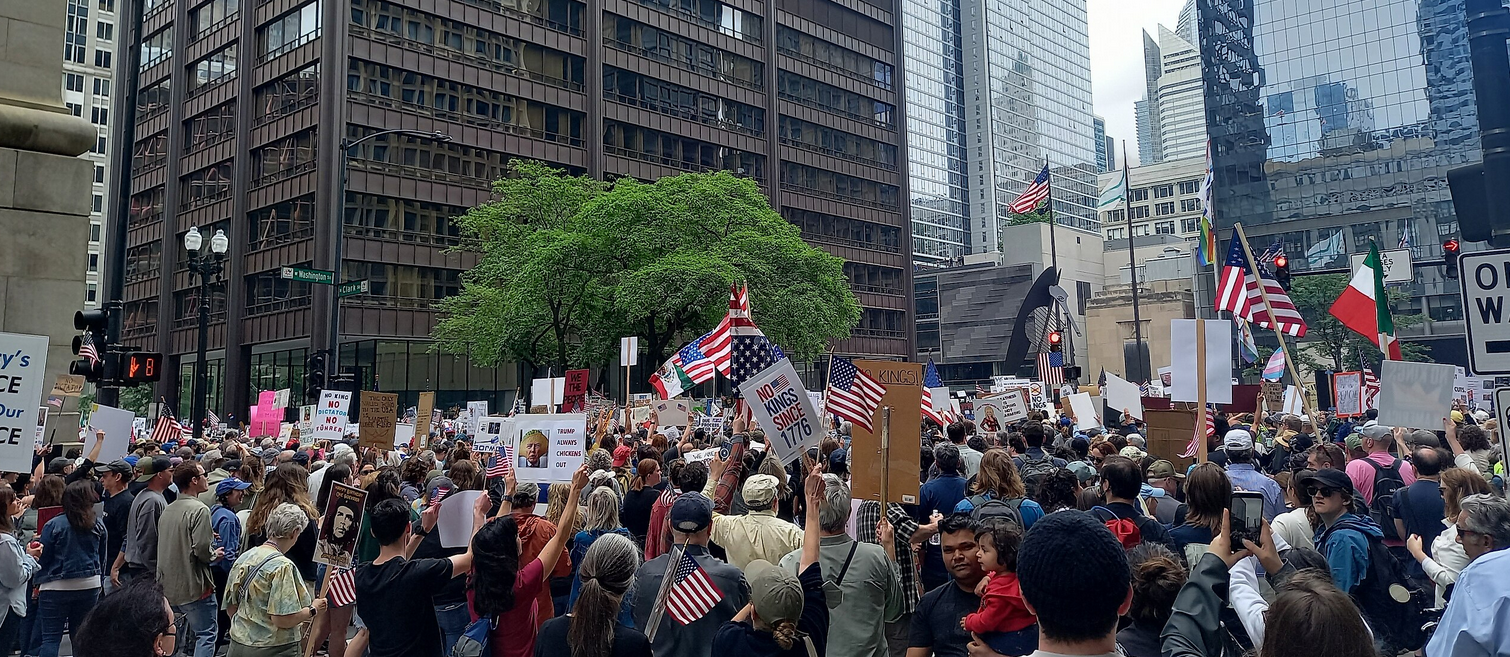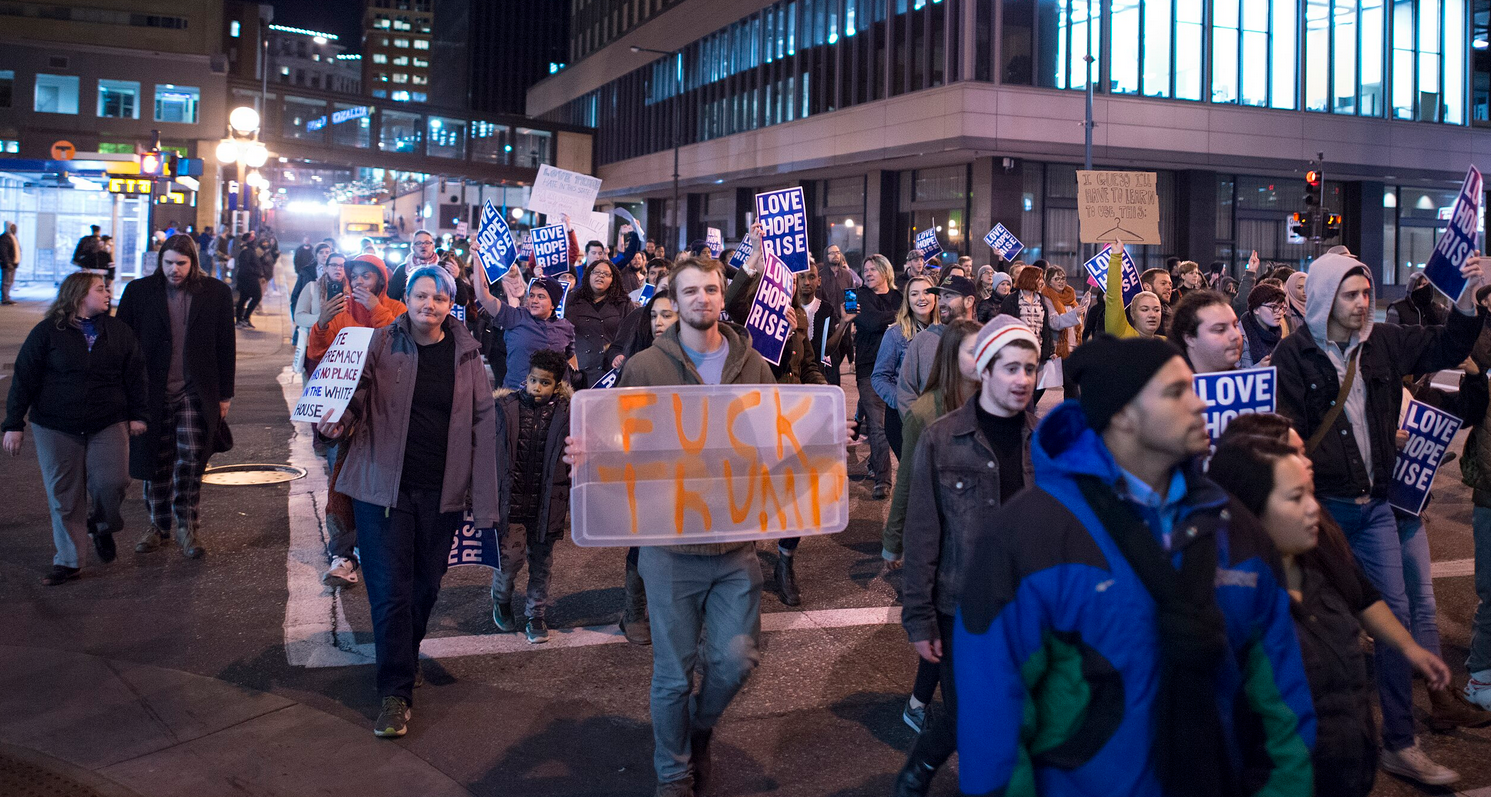By United Nations
Photos: YouTube Screenshots
UN Secretary-General António Guterres warned on Monday the people of Sudan are trapped in a “nightmare of violence, hunger, disease and displacement”, as the brutal war between the Sudanese Armed Forces (SAF) and the Rapid Support Forces (RSF) continues to rage.
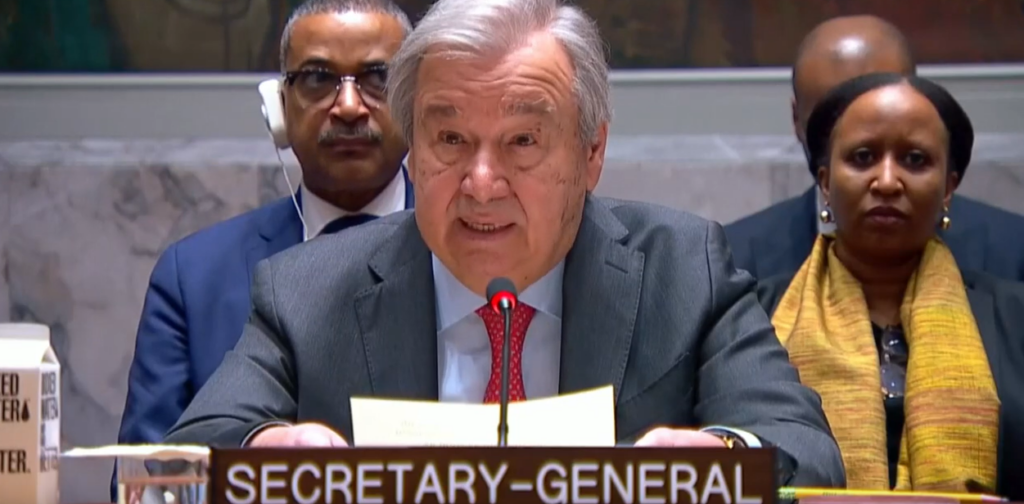
“The suffering is growing by the day, with almost 25 million people now in need of humanitarian assistance,” Mr. Guterres told ambassadors at the Security Council, emphasizing the dire conditions civilians are enduring 18 months into the conflict.
He described the situation as a series of unrelenting nightmares.
“Thousands of civilians killed, and countless others facing unspeakable atrocities, including widespread rape and sexual assaults.”
Mass killings and sexual violence have also recently been reported in Aj Jazirah state, he added, and warned that the conflict in Sudan has the potential to destabilize the entire region, affecting neighboring countries from the Sahel to the Red Sea.
Displacement, disease, famine
The Secretary-General also warned that famine conditions are already taking hold in displacement camps in North Darfur, leaving 750,000 people on the brink of starvation.
Meanwhile, millions more across the country are struggling to feed themselves. Disease outbreaks, including cholera, malaria and dengue fever, are spreading quickly due to the collapse of the health system.
“Sudan is also the largest displacement crisis in the world, with more than 11 million people fleeing since April last year, including nearly three million who have crossed into neighboring countries,” he said, noting also that several hundred thousand remain at the mercy of extreme weather and climate change impacts.
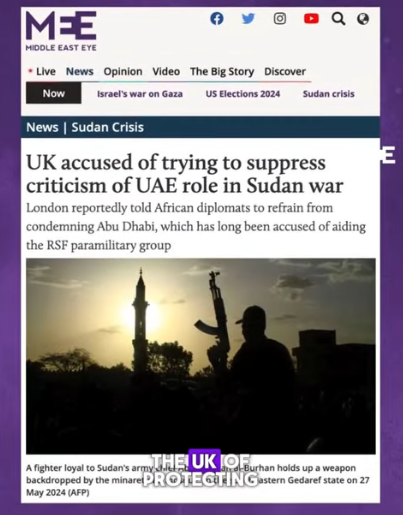
Outside actors ‘fuelling the fire’
The Secretary-General reiterated the UN’s call on both SAF and the RSF to stop the fighting and seek peace through negotiations.
“But instead of lowering tensions, they are escalating military action. Meanwhile, outside powers are fueling the fire.”
Security Council resolution 2736, adopted by the Council in June, sent a “strong signal”, Mr. Guterres said, calling for “action on the ground”.
He also highlighted his recommendations on protection of civilians in Sudan, which he presented last week, pursuant to the resolution.
Civilians must be protected
Mr. Guterres highlighted three priorities.
First, he called for an immediate cessation of hostilities, urging both parties to agree to ceasefires and humanitarian pauses that could pave the way for peace negotiations.
Second, the Secretary-General called for stronger measures to protect civilians. He expressed horror at the continued attacks on civilians in El Fasher and Khartoum, including airstrikes in populated areas.
“Those responsible for war crimes must be held accountable,” he said, also stressing that “direct or indirect flow” of arms and ammunitions into Sudan “must cease immediately”.
He also stated that at present, “conditions do not exist” for the successful deployment of a UN force to protect civilians in Sudan, adding that the Secretariat stands ready to engage with the Security Council and others on operational modalities that can meaningfully contribute to the reduction in violence and the protection of civilian.
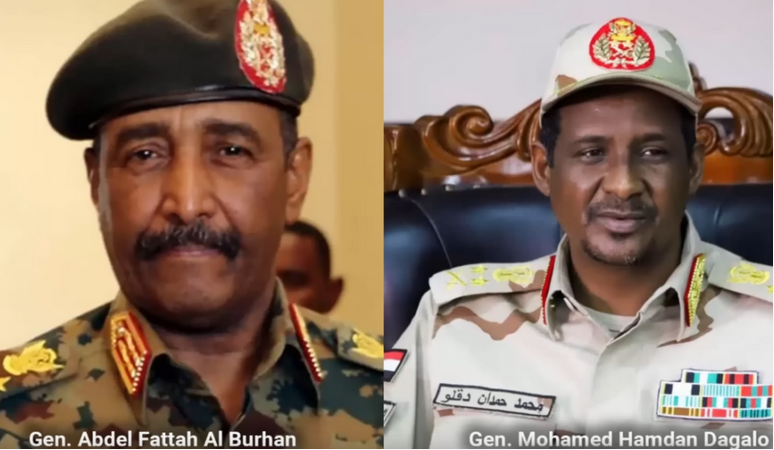
Humanitarian aid must flow
Finally, Mr. Guterres stressed the need for uninterrupted humanitarian access.
Despite efforts by UN and humanitarian partners, millions remain cut off from aid, he warned. While the reopening of the Adre border crossing between Sudan and Chad offers some hope, he urged both sides to allow more lifesaving supplies to reach those most in need.
The Secretary-General also urged donors to provide urgent funding, noting that the $2.7 billion humanitarian appeal is only 56 per cent funded, with the regional refugee response plan even worse off.
Decisive action now
In closing, Mr. Guterres praised the work of local Sudanese-led initiatives, such as the 700 Emergency Response Rooms, which have been delivering lifesaving aid under extraordinarily dangerous conditions.
“Through their work, they are showing us another side of Sudan – the best of humanity in a country enduring the worst of it,” he said, calling on the Security Council and the international community to draw inspiration from their example.
“It is time for action – decisive action – for peace for the people of Sudan.”
